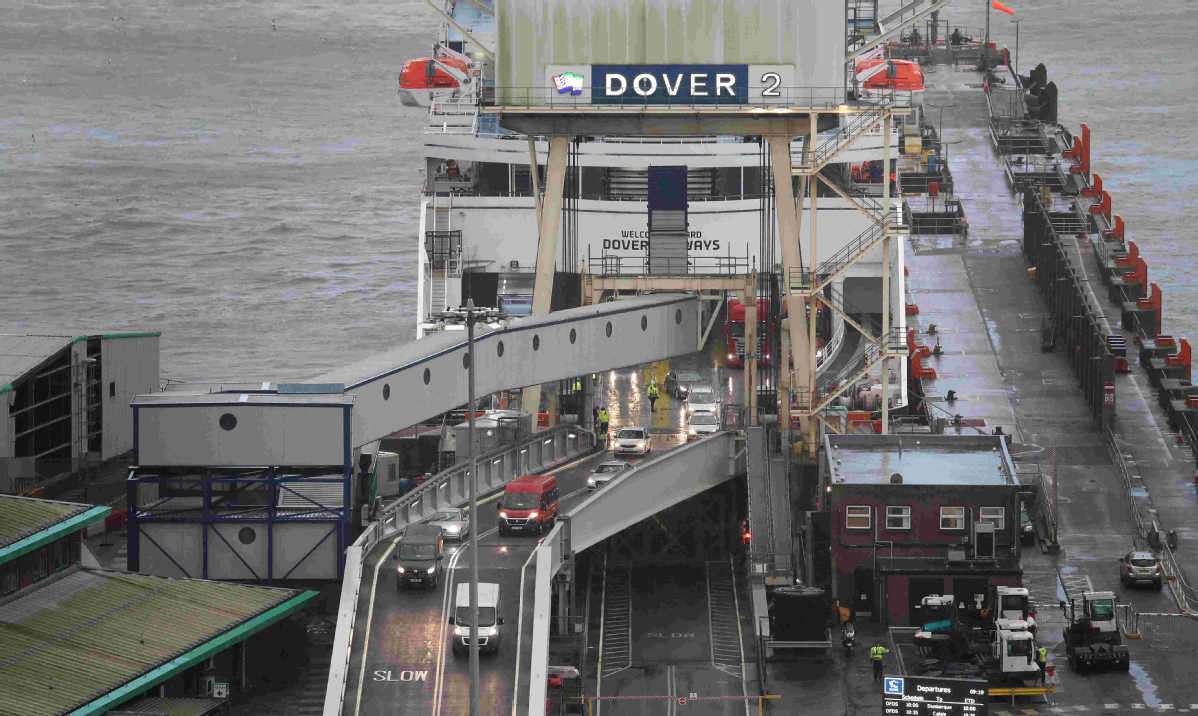Brexit divisions still running deep


According to analysts, identity is the fundamental issue at the heart of Brexit.
An article in the United States magazine The Atlantic stated, "The Brexit campaign was transformed from a fringe eccentricity into a mass movement by a handful of people who decided to make it into an argument about identity; now Brexit itself has created a whole new set of questions about identity".
What became the modern EU began in 1950 with the establishment of the European Coal and Steel Community, aimed at ensuring that France and Germany would never go to war again. Robert Schuman, who was then the French foreign minister, suggested that pooling resources would "make war not only unthinkable, but materially impossible".
When the EU was awarded the Nobel Peace Prize in 2012, the citation stated, "The union and its forerunners have for over six decades contributed to the advancement of peace and reconciliation … it has helped to transform most of Europe from a continent of war to a continent of peace."
Many EU member states still bear the scars of conquest, destruction and rebuilding. To them, Europeanism is an aspiration and something to be deepened whenever possible. However, the UK, separated from mainland Europe, does not share that experience or mindset, which has been decisive in shaping attitudes.
The UK's national story, as told by the political right, is that as Europe fell in World War II, the country stood alone against tyranny, with the contribution made by the armies of the United States and Soviet Union frequently played down.
In May 2016, in another interview in The Daily Telegraph, Johnson said, "Napoleon, Hitler, various people tried this out, and it ends tragically … the EU is an attempt to do this by different methods."
The language and imagery of war underpinned Brexit, and included slogans such as "Taking Back Control", jingoistic newspaper headlines and debate over jurisdiction of territorial waters.
In September 2018, the UK Department for Trade and Industry even tweeted that it was supporting the restoration of a World War II Spitfire fighter plane to be used to promote the country's exports.
Critics point to the UK's treatment of the Erasmus study program as decisive proof of the country's distaste for pan-Europeanism.
According to the European Commission, the program, which was established in 1987, enabled 3.3 million students and 470,000 staff members to live and study abroad in its first 27 years.
The commission said, "Students certainly improve their foreign language skills and develop greater intercultural awareness; but they also develop soft skills, such as being able to be tolerant of different views and communicate effectively."
It added, "A third of former Erasmus students now live with a partner of a different nationality."
Despite Johnson having previously assured the UK Parliament of the country's commitment to Erasmus, as part of the Brexit deal, it has withdrawn from it, allegedly on cost grounds, a move described as "cultural vandalism" by Scottish First Minister Nicola Sturgeon.
In its place, the UK will introduce an alternative program called the Turing scheme, which will extend beyond Europe.


















